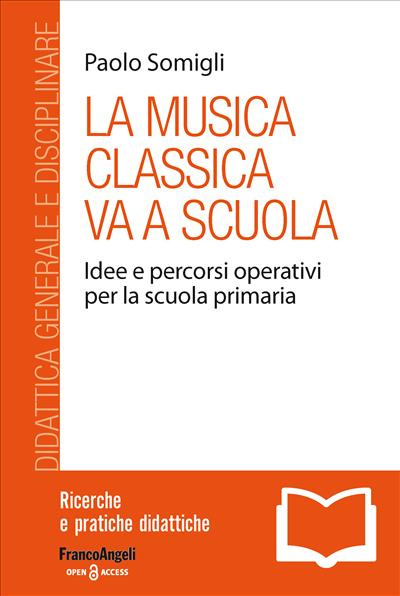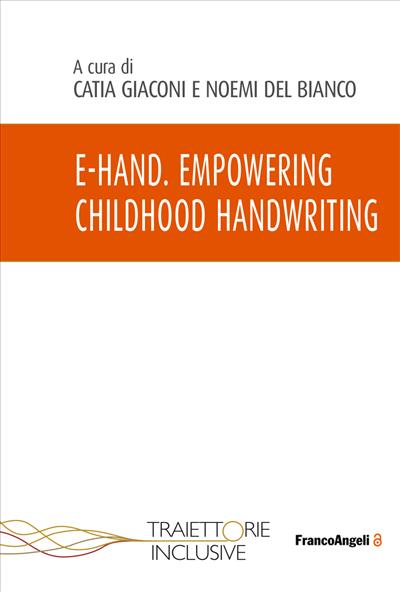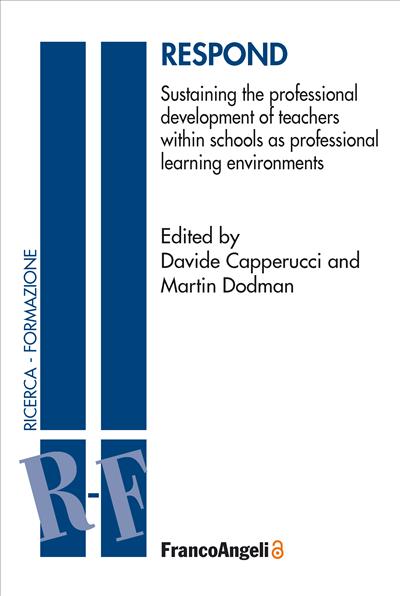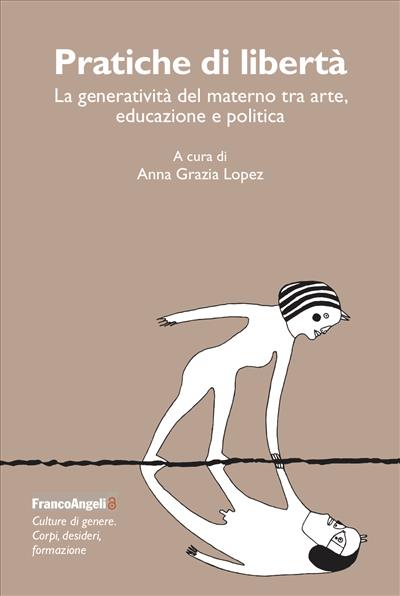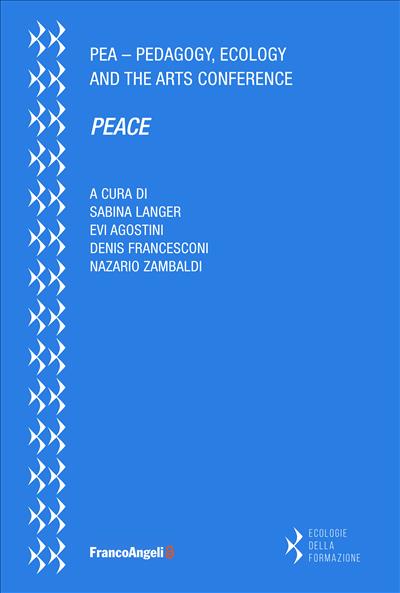
A cura di: Sabina Langer, Evi Agostini, Denis Francesconi, Nazario Zambaldi
Peace
The idea of choosing PEACE as the focus for the second PEA – Pedagogy, Ecology and the Arts conference in Merano (Italy) in September 2024 stems from the curator’s interest in a pedagogy that is convivial, collaborative and ecological in an intersubjective and political sense.
Educational processes – formal and informal – are vital to enabling a paradigm shift and cultivating peaceful ways of living in daily life, schools and communities. Across all contexts, we need new approaches to peace, in ecological and relational terms.
Conference contributions – keynotes, oral presentations, or workshops – were adapted for this volume and enriched through the dialogue and exchange that took place. We hope readers can sense the convivial and interactive spirit that shaped PEA.
Pagine: 304
ISBN: 9788835182696
Edizione:1a edizione 2025
Codice editore: 10359.5
Informazioni sugli open access
